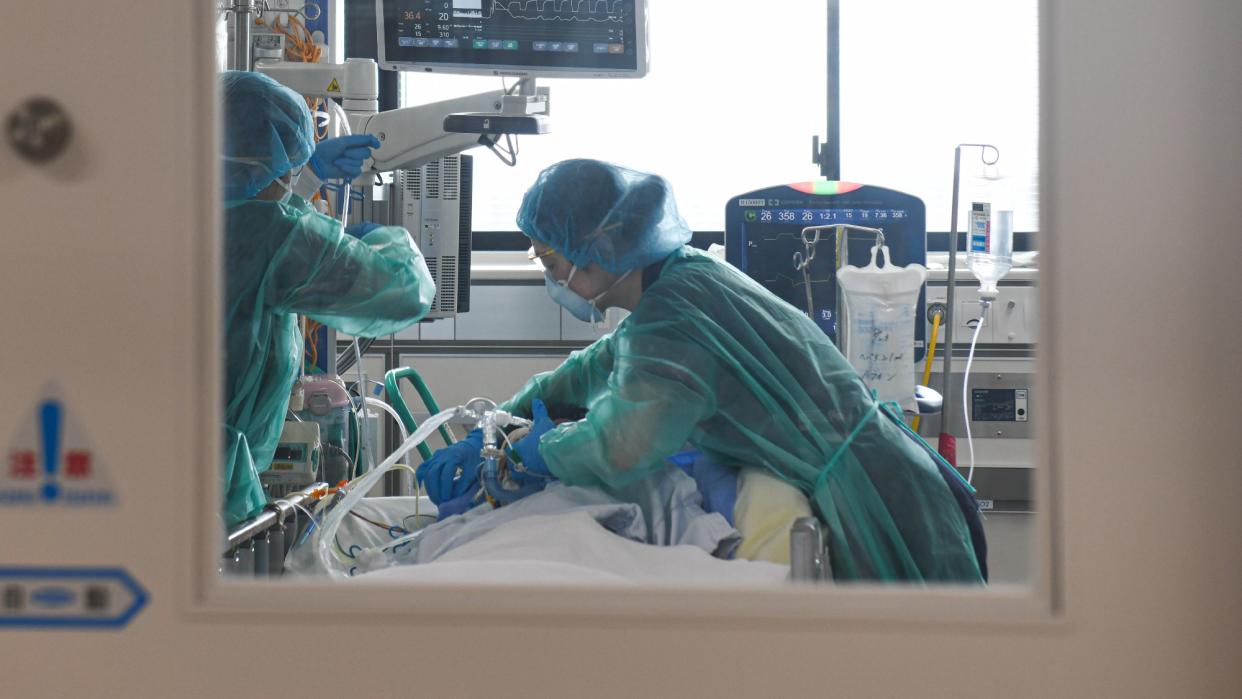Pros and cons of universal health care

An "unhappy mix" of long waiting times, staff shortages and strained budgets is "fuelling a boom in demand for private health care" in the UK.
A "fundamental shift" is occurring in the country's relationship with the NHS, said CNN.
The NHS is an example of a single-payer system, funded by taxation. Other countries, such as France and Japan, provide universal health care through mandatory but low-cost health insurance schemes, in which the majority of patients' costs are reimbursed.
In countries without universal health care, individuals rely on personal paid health plans or employer-funded schemes, with some limited access to medical care offered by social security.
Pro: a healthier society
Universal health care is undeniably expensive – the NHS is the largest single item of public spending by the UK government – but lack of coverage carries its own cost.
In the US, the uninsured are less likely to have a GP and "more likely to suffer from preventable diseases such as type 2 diabetes", said Scientific American.
Increasing uptake of preventative care results in better health outcomes on a society-wide level, and increases productivity by lowering the number of workers forced out of the labour market due to illness.
Con: longer wait times
"Long waits for care are endemic to government-run, single-payer systems like the NHS," wrote Sally Pipes, CEO of free market think tank the Pacific Research Institute, in an article for Forbes.
As of February 2024, there were 7.5m NHS patients in England waiting for non-urgent procedures. In Canada, a 2023 study found that the median wait time to see a specialist in the country's public health system had reached 27.7 weeks, "the longest ever recorded".
However, the evidence that this problem is unique to countries with universal health care is far from conclusive. The US, for instance, regularly ranks among the developed nations with the longest waiting times for medical care.
Pro: people over profit
Ensuring everyone has access to medical care, regardless of their ability to pay, is the fundamental purpose of universal health care.
This is not the case with for-profit systems. In the US, the health care industry is worth tens of billions and consistently breaks year-on-year profit records. Meanwhile, "nearly four of 10 Americans said they had put off care in 2022 because of cost", the New York Times reported.
Con: fairness vs freedom
When health care costs are shared among taxpayers, encroachments on civil liberties can be justified in the name of reducing the collective burden.
For instance, Rishi Sunak's plan to phase out smoking relied on the argument that "if something produces a burden on the state it should be banned" and personal liberty "can go hang", wrote The Guardian's Simon Jenkins.
NHS trusts have also attracted criticism for denying treatments including IVF and joint replacement to patients who smoke or whose body mass index is above a defined level.
Pro: control over costs
Centralised health care models like the NHS benefit from using their collective "purchasing clout" to get better deals from drug manufacturers or medical suppliers, said the Financial Times.
Privatised medicine, on the other hand, can easily become stuck in a cycle of mounting costs, where insurance firms, pharmaceutical companies and health care providers all benefit from inflated pricing, at the expense of patients.
Con: limited budgets
Universal health care that's funded or heavily subsidised by the state may not offer treatments or medicines deemed not effective or proven enough to justify the expense.
This practice, known as "care rationing", can even be expanded to frontline treatment. A 2023 report by the think tank Health Foundation found evidence of NHS trusts "increasing admission thresholds and reducing the number of patients being admitted", particularly in deprived areas, said The Times.

